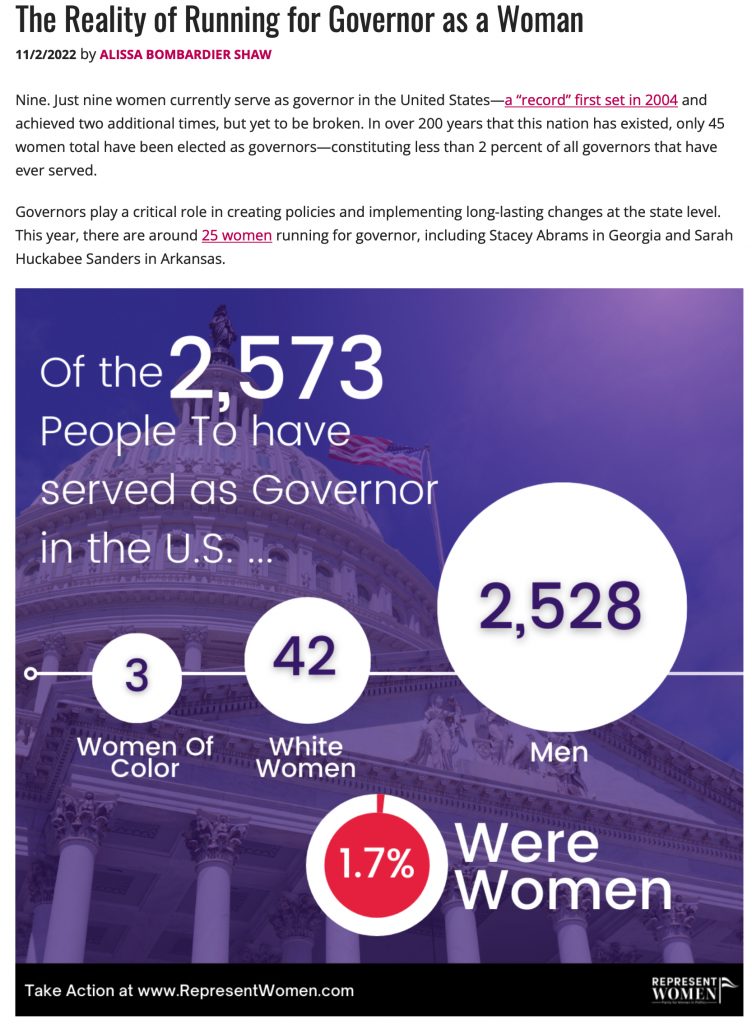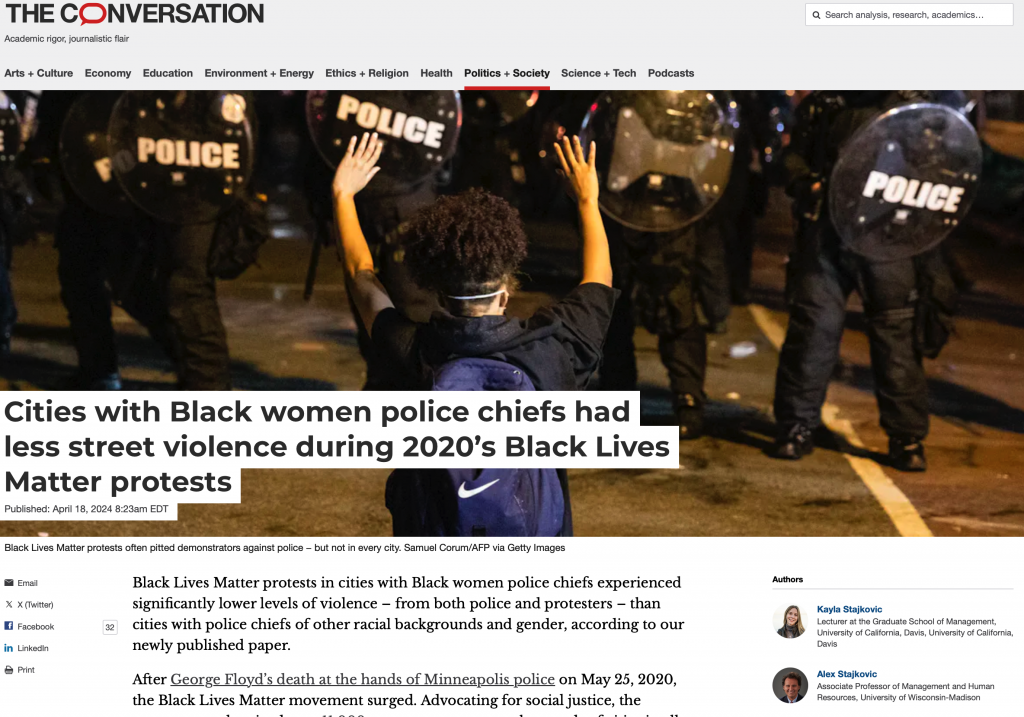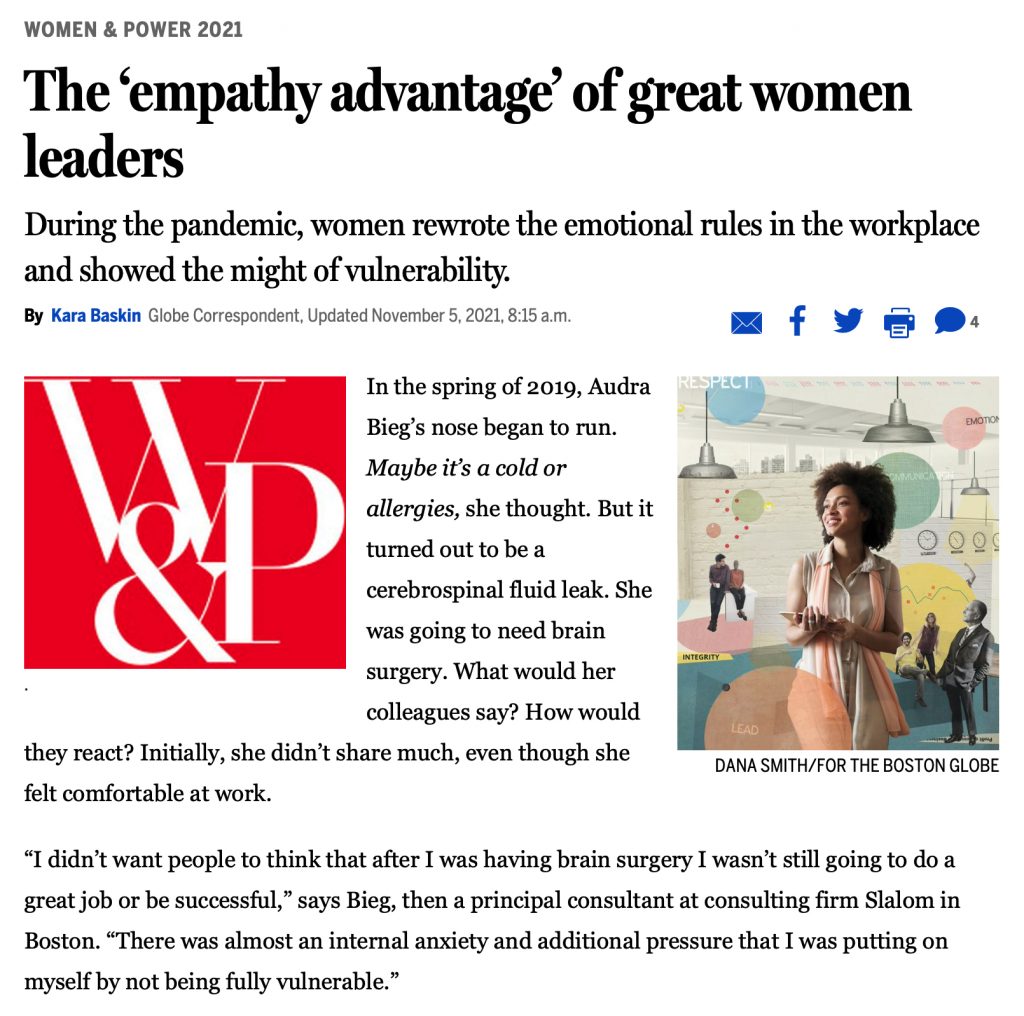
Kayla Stajković, PhD, CPA
Lecturer, Organizational Behavior
Graduate School of Management
University of California, Davis | Email: kstajkovic@ucdavis.edu
Co-Founder
Research Paradigms Applied, LLC
Madison, WI
Visit Company Website
Dr. Kayla S. Stajkovic is currently at the University of California, Davis, Graduate School of Management, where she brings her expertise in organizational behavior and her passion for advancing leadership and ethical business practices. Holding a Ph.D. from the University of Wisconsin-Madison, she specializes in organizational behavior and research methods. In addition, she holds a Certified Public Accountant (CPA) license from Minnesota.
Dr. Stajkovic has held the role of Visiting Professor at UC Davis and was an Assistant Professor at Edgewood College, where she contributed significantly to business, communication, and accounting studies. Her research is widely recognized, featuring publications in esteemed journals such as the Journal of Applied Psychology, Journal of Management and the Journal of Business Ethics. She examines themes such as intersectional leadership, the impact of leadership styles on measurable outcomes, and the psychological aspects underlying effective management practices.
A contributing editor to the Journal of Applied Psychology, Dr. Stajkovic’s work is at the forefront of understanding the dynamics of leadership and performance in organizations. She has received numerous academic honors, including the Responsible Research in Management Award from the Academy of Management Fellows and multiple teaching awards that underscore her commitment to educational excellence.
In addition to her academic roles, Dr. Stajkovic engages in executive education, delivering programs for corporations to foster motivation and cultures of creativity and innovation. Her insights into the role of women in leadership positions and their impact during crises have been featured in major media outlets like CNBC, Harvard Business Review, and Forbes.
An advocate for responsible research and inclusive education, Dr. Stajkovic continues to shape the future of business leadership with her innovative teaching approach and rigorous scholarship.
Recent Highlights
The Conversation: Cities with Black women police chiefs had less street violence during 2020’s Black Lives Matter protests
In this research brief, we summarize our research study, published in Journal of Management, in which we analyzed over 11,000 BLM protests and found that those in cities with Black women police chiefs were associated with less violence. “The study highlights the significance of having diverse leadership voices and the importance of recognizing and elevating individual identities. Despite a rise in the appointment of Black police chiefs over the past decade, Black women continue to be underrepresented in law enforcement leadership positions. This research highlights the value to society of including diverse perspectives and leadership approaches informed by the intersections of people’s identities.”
Ms. Magazine: The Reality of Running for Governor as a Woman

More women are running for governors in the 2022 election cycle than ever before. This article discusses the critical role that governors play in creating long lasting change at the state level. In doing so, it references our 2020 JAP article: “The recent crisis of the COVID-19 pandemic is a great illustration of the necessity of women governors. A study conducted by the Wisconsin School of Business found states with women governors had fewer COVID-19 deaths than states with men governors, due to early stay-at-home orders coupled with women governors expressing greater empathy and confidence in the future.”
#48 on 100 Best Organizational Psychology Books of All Time
World Economic Forum: Why female leadership is crucial to tackle climate change and other crises
Our research was referenced in this article on leadership published by the World Economic Forum. The article discusses how female leadership differs from male leadership in core competencies – making women better equipped to deal with certain challenges.
The Boston Globe: The ‘Empathy Advantage’ of Great Women Leaders
This article discusses how vulnerability can be a strength when women lead. It references our 2020 JAP article: “Leadership style can even make a lifesaving difference. A 2020 paper on female governors, also in The Journal of Applied Psychology, found that women’s leadership during COVID-19 was associated with fewer deaths. “States with women governors had fewer COVID-19 deaths than states with men governors, and when governors issued an early stay-at-home order, states with women governors were more responsive, as borne out by fewer COVID-19 deaths,” the authors wrote. “The qualitative analysis indicated a potential mechanism for that effect may be that women governors were more empathetic and confident, as shown in their briefings.”
Forbes: Data Shows Women Make Better Leaders
Our paper on women governor’s exemplary leadership during the COVID-19 crisis was referred to in this Forbes article: “You can try and debunk the claim…. But a more recent study adds ammunition. American states ran by women governors lost fewer of their people to Covid.”
The Washington Post: Research Mentioned
Our study on women governors was described in this Washington Post article on gender differences in organizations. “And researchers have found that in the early months of the pandemic, covid mortality rates were lower in countries with female leaders and U.S. states with female governors. Of course, there are exceptions, but on average women introduced lockdowns sooner and faced less resistance — in part because they were more likely to acknowledge people’s fears and express compassion for their pain.”
Bloomberg: Study on Women’s Leadership Cited
This Bloomberg Business article referenced our study on women’s leadership for United States Governors. “Within the U.S., research further showed that states with female governors had fewer Covid-related deaths than states with male governors. What was the difference? Using a computer program to qualitatively analyze the content of 251 briefings between April 1, 2020 and May 5, 2020 the authors found that women showed greater empathy and support for followers’ welfare. When people feel that leaders are taking care of them, they become more willing to comply with requests to social distance and wear masks. It is basically the norm of reciprocity.”
BBC News: Research on Women’s Leadership Featured
Our study on United States Governors leadership during early stages of the COVID-19 pandemic was featured in this BBC News article. In the section on the “COVID-19 effect” the article discusses our findings and provides a link to our article. “Women heads of government have won plaudits for decisive leadership during the pandemic, including New Zealand’s Ardern and Taiwan’s Tsai Ing-wen. And in the US, states with women governors initially had fewer deaths from Covid-19 than states with male governors.”
Character & Context Blog: Society for Personality and Social Psychology
SPSP invited Prof. Stajkvoic and I to write a blog describing our latest paper in Journal of Applied Psychology on Women’s Leadership in a Crisis. “Rapid escalation of COVID-19 created unprecedented levels of uncertainty. As the crisis unfolded, governors across the United States were forced to make drastic decisions that carried rare personal costs to their residents. This included social distancing measures, mandated use of face masks, business shutdowns, and school closures. In research conducted between April and May 2020, we found that the gender of governors in the United States was associated with the most important consequence of COVID-19—death rates: States with female governors had fewer COVID-19 deaths than states with male governors.”
Research Featured by WebMD News Briefs

My study on women’s leadership was featured by WebMD New Briefs. “The researchers analyzed public data on U.S. governors and COVID-19 deaths. . . . The researchers took into account factors such as the governor’s age, state population, face mask mandates, travel bans and ventilator numbers. Even among states with early stay-at-home orders, those with a female governor still had fewer deaths. This could suggest that “residents perhaps responded differently depending on whether a man or woman governor issued this order,” they wrote.”
Follow Me
LinkedIn | Amazon | Research Gate | Google Scholar










